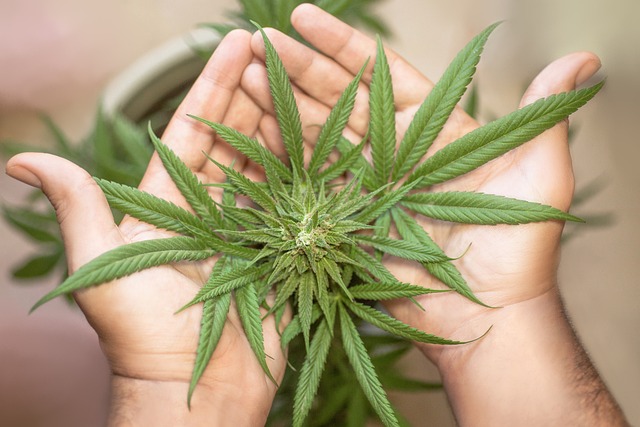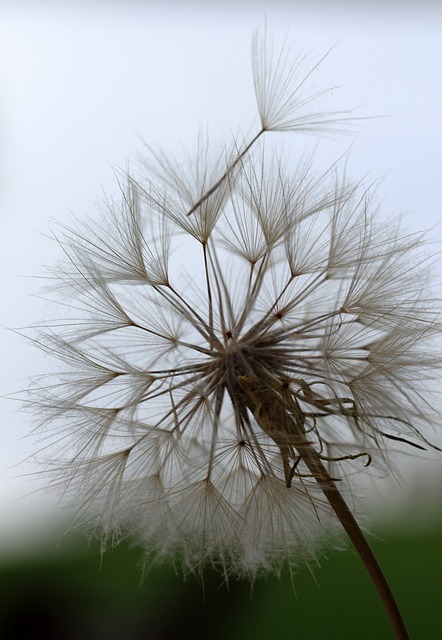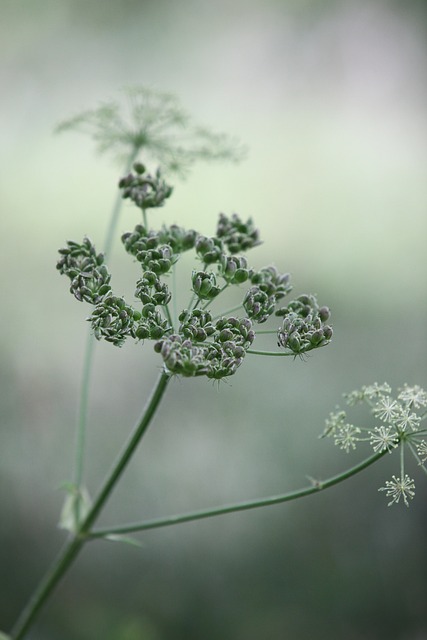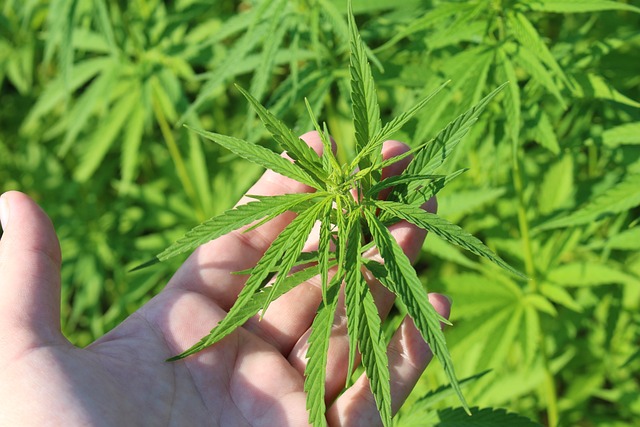2023 has seen significant advancements in cannabinoid legality, particularly with THCA (Tetrahydrocannabinolic Acid) gaining recognition for its therapeutic potential. In Delaware, where THCA is legally recognized, it's been heralded as a non-psychoactive alternative to traditional medical treatments, offering relief from pain, stress, and inflammation without the mind-altering effects associated with THC. The state's progressive policies have facilitated research and access to THCA flower, which is rich in CBD and other beneficial compounds. Residents of Delaware have reported positive outcomes such as improved sleep, chronic pain management, and enhanced cognitive function from using THCA flower. As a leader in the legalization of THCA, Delaware continues to pave the way for further study and potential therapeutic applications, making it a key location for understanding and harnessing the benefits of this cannabinoid.
Explore the emerging wellness landscape with an insightful dive into the therapeutic properties of THCA flower, a non-psychoactive cannabinoid gaining attention for its potential health benefits. As we delve into ‘THCA Legal in Delaware,’ we’ll unravel the legality and explore its advantages. From there, we’ll dissect ‘The Scientific Edge of THCA,’ revealing its healing properties backed by scientific research. Lastly, ‘THCA Flower as a Natural Remedy’ will present real-life applications and experiences from Delaware users, offering a comprehensive understanding of this natural alternative. Join us on this journey to discover the benefits of THCA flower in promoting health and well-being.
- Unveiling the Potential of THCA Flower: Legality and Benefits in Delaware
- The Scientific Edge of THCA: Understanding Its Healing Properties
- THCA Flower as a Natural Remedy: Applications and Experiences in Delaware
Unveiling the Potential of THCA Flower: Legality and Benefits in Delaware

The exploration of THCA flower benefits has garnered significant attention within the realm of natural wellness and health. Tetrahydrocannabinolic acid (THCA) is a non-psychoactive cannabinoid found in the Cannabis sativa plant, which preserves its therapeutic properties until heated or decarboxylated. In Delaware, the legal landscape has evolved to accommodate these compounds, with the Delaware Medical Marijuana Program providing guidelines for the use of THCA-rich products for qualifying patients. The state’s legislative framework, including the Delaware Compassionate Use Act, has been instrumental in defining the permissible use of medical cannabis and its derivatives, positioning Delaware as a state where THCA flower legalities are clearly outlined.
Patients and researchers in Delaware have benefited from studies that highlight the potential therapeutic properties of THCA. This cannabinoid is believed to possess anti-inflammatory, neuroprotective, and analgesic effects, making it a subject of interest for those seeking alternative treatments for various conditions. The non-psychoactive nature of THCA allows users to reap its potential benefits without the mind-altering effects associated with THC. As such, the THCA flower has emerged as a promising option for individuals looking for relief from pain, nausea, and other symptoms while maintaining cognitive clarity. The ongoing research into THCA’s efficacy continues to expand our understanding of its role in health and wellness, with Delaware at the forefront of this evolving field.
The Scientific Edge of THCA: Understanding Its Healing Properties

Delta-9-tetrahydrocannabinol (THC) and cannabidiol (CBD) have often overshadowed tetrahydrocannabinolic acid (THCA), yet scientific research is unveiling the potential benefits of this non-psychoactive cannabinoid. THCA is found in raw cannabis plants and remains stable until it is exposed to heat, converting it into THC. Its legal status in states like Delaware, where recreational cannabis use has been legalized, allows for a new frontier of exploration into its healing properties.
Preliminary studies suggest that THCA interacts with the body’s endocannabinoid system, which plays a role in regulating a range of functions and processes, including pain, inflammation, and anxiety. Unlike its psychoactive counterpart, THC, THCA does not induce a high, making it an attractive option for individuals seeking therapeutic benefits without mind-altering effects. Research indicates that THCA may possess anti-inflammatory, neuroprotective, and anti-nausea properties. These potential healing properties are underpinned by its affinity for the CB1 and CB2 receptors, which could explain its therapeutic potential in treating various conditions, from neuropathic pain to gastrointestinal disorders. As research continues, the legal landscape, such as the status of THCA-rich products in Delaware, will undoubtedly influence the pace at which these benefits are realized and utilized by those seeking alternative or complementary therapies.
THCA Flower as a Natural Remedy: Applications and Experiences in Delaware

2023 has seen a significant shift in the legal landscape concerning cannabinoids, with THCA (Tetrahydrocannabinolic Acid) gaining attention for its potential therapeutic properties. In Delaware, where THCA is legal, individuals are exploring its natural remedy applications. The THCA flower, rich in cannabidiol (CBD) and other non-psychoactive cannabinoids, has become a subject of interest among health enthusiasts and medical patients alike. Reports from users in Delaware suggest that the THCA flower is being utilized for various wellness goals, including pain relief, anxiety reduction, and as an anti-inflammatory agent. These experiences underscore the growing body of anecdotal evidence supporting its efficacy. The unique composition of the THCA flower, which differs from its decarboxylated form THC (Tetrahydrocannabinol), means that it provides a distinct set of effects without the psychoactive ‘high’ associated with traditional marijuana use. This has made it an attractive option for those seeking the therapeutic benefits of cannabis without impairment. As such, the interest in THCA as a natural remedy is on the rise, with Delaware at the forefront of this movement due to its supportive legal framework. Users in Delaware have shared their experiences, ranging from improved sleep patterns and reduced chronic pain to enhanced mood and focus, providing a testament to its potential applications. As regulatory frameworks evolve and research expands, the role of THCA flowers in natural remedies may become increasingly recognized and formalized.
In concluding our exploration of THCA flower, it’s evident that this naturally occurring compound holds significant potential for wellness support. The legality and accessibility of THCA flower in Delaware position it as a promising option for those seeking its myriad benefits without the psychoactive effects associated with other cannabinoids. With scientific research continuing to uncover the healing properties of THCA, users in Delaware are finding relief and health advantages through this natural remedy. As legislation evolves and understanding deepens, THCA flower stands out as a notable addition to the wellness toolkit, offering a harmonious blend of therapeutic and restorative effects that align with the state’s progressive stance on cannabinoid use.
